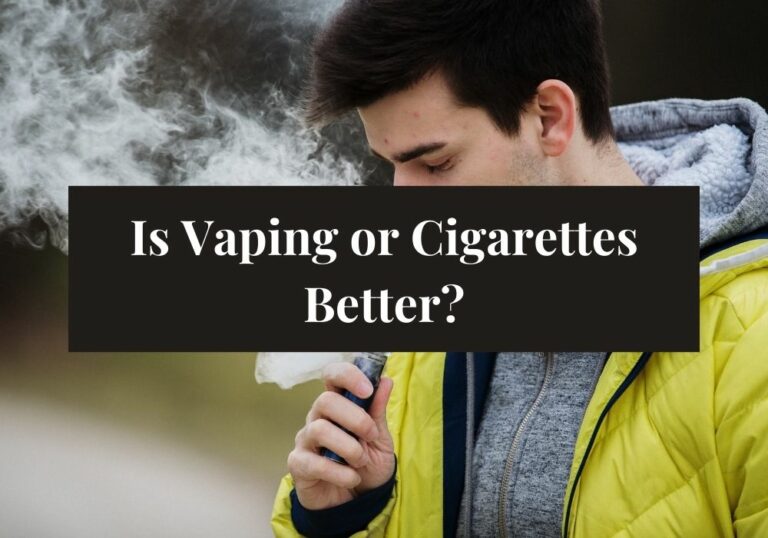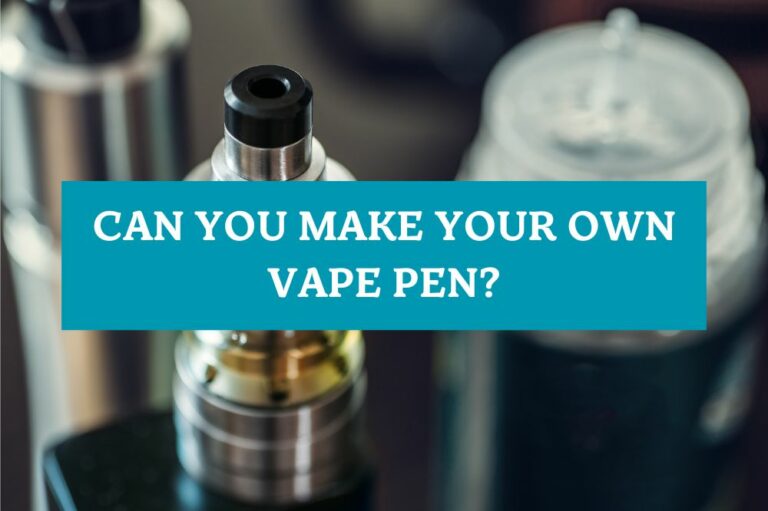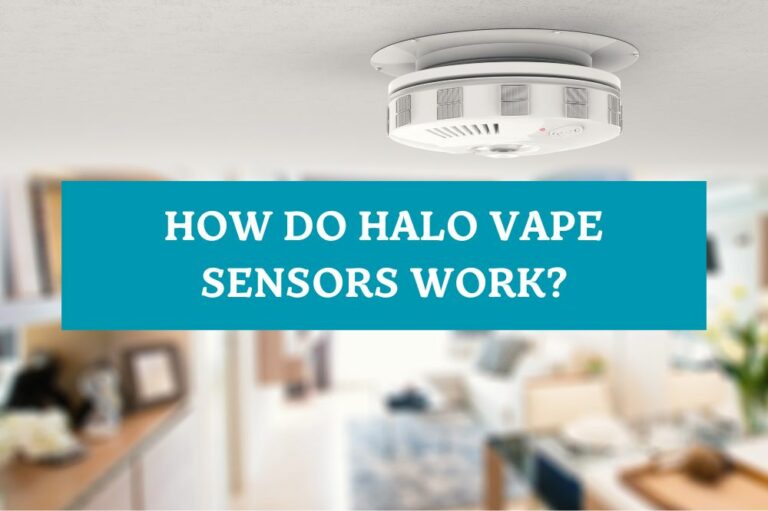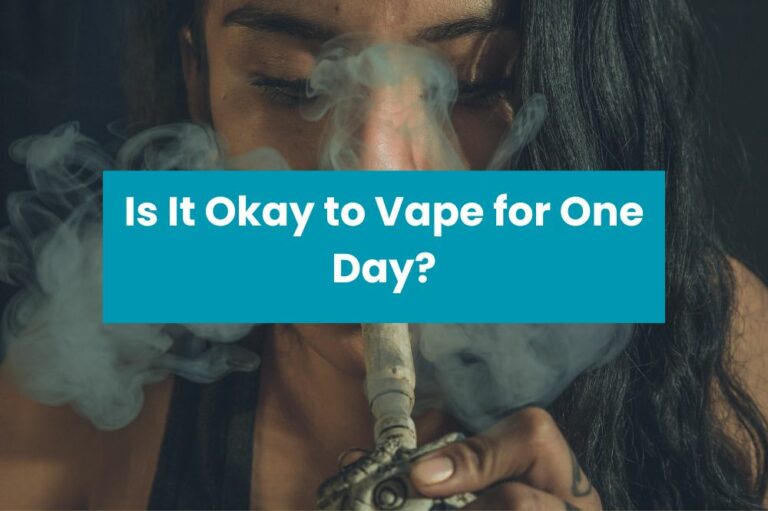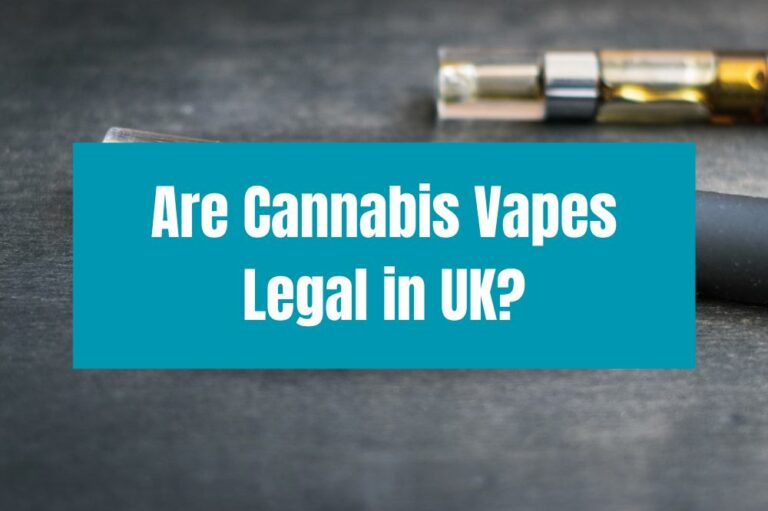Did the US Stop Selling Vapes?
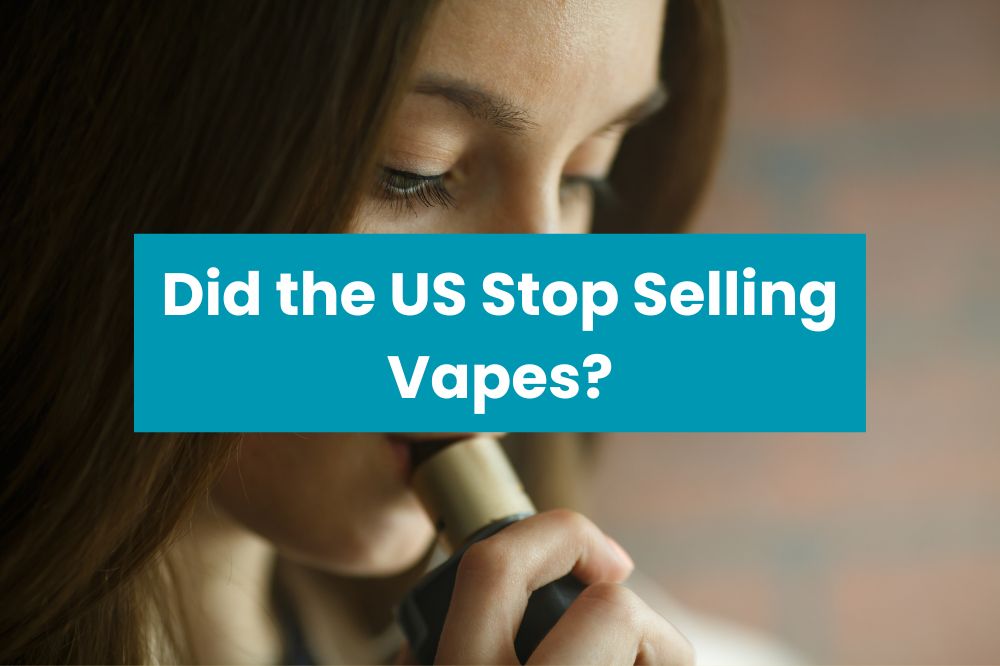
If you’re wondering whether the US has stopped selling vapes, the answer is no, but there have been some recent developments in the regulation of vaping products. In October 2023, the Food and Drug Administration (FDA) ordered R.J. Reynolds to stop selling its popular Vuse Alto menthol e-cigarettes, citing concerns about the health risks associated with vaping. This decision was met with resistance from Reynolds, which immediately announced plans to challenge the ban.
The move to ban Vuse Alto menthol vapes follows a trend of increased scrutiny of vaping products by the FDA and other regulatory bodies. In April 2022, a new law went into effect that could see some vaping products containing synthetic nicotine removed from the market. The law is part of a broader effort to address the rise in youth vaping and the health risks associated with e-cigarettes.
Despite these regulatory changes, it’s important to note that vaping products are still widely available for sale in the US. While some companies may be facing challenges in the wake of new regulations, there are still many options for consumers who wish to purchase vaping products. As always, it’s important to stay informed about the risks associated with vaping and to make informed decisions about your health.
The Vaping Landscape in the US
Vaping has become increasingly popular in the US in recent years, with millions of people using e-cigarettes as an alternative to traditional tobacco products. However, the vaping landscape has been changing rapidly, with new regulations and health concerns impacting the availability and use of these products.
SPIRITBAR Katana BP10000
- Slender, leather-textured body reminiscent of a katana handle for an authentic samurai feel
- Unique samurai-inspired e-liquid flavor - fruity yet not too sweet, with a luxurious, elegant aroma
- Powerful 650mAh rechargeable battery for extended vaping time
- Large 18ml e-liquid capacity and 10,000 puff capacity
- Advanced mesh coil and e-liquid & power display screens for optimal vaping experience
The special juice captures the essence of the samurai spirit with its rich, smoothly pulsating flavor that brings new satisfaction with every puff. The device's slender, leather-textured design evokes the grip of a samurai's katana, making this product a perfect choice for beginner vapors.
Popularity of Vaping
Vaping has become a popular trend among young people, with many teenagers and young adults using e-cigarettes as a way to experiment with different flavors and nicotine levels. According to the Centers for Disease Control and Prevention (CDC), over 3.6 million US youth reported using e-cigarettes in 2020, with flavored e-cigarettes being the most popular type.
However, the popularity of vaping has also raised concerns about the potential health risks associated with these products. As a result, the US government has taken steps to regulate the sale and use of e-cigarettes.
Health Concerns
The health risks associated with vaping have been a topic of concern for many years. In recent years, there have been several high-profile cases of severe lung illness linked to vaping, with hundreds of people hospitalized and dozens of deaths reported.
In response, the Food and Drug Administration (FDA) has taken steps to regulate the sale and use of e-cigarettes. In 2019, the FDA banned the sale of flavored e-cigarettes in convenience stores and gas stations, and in 2023, the FDA ordered R.J. Reynolds to stop selling its popular Vuse Alto menthol e-cigarettes.
SPIRITBAR Jack’s Flask 9000 Puffs
- Stylish pirate flask-shaped body providing an exciting vaping experience
- Delivering up to 9000 puffs per device
- 20ml e-liquid capacity with 50mg nicotine strength for satisfying throat hit
- Specialized pirate-themed e-juice flavors for rich, swirling taste
- Premium mesh coil optimizes flavor profile for maximum vaping enjoyment
This disposable vape captures the daring spirit of the high seas with its flask styling and signature pirate e-juice flavors. The extraordinary battery life provides 9000 indulgent puffs for extended vaping pleasure. Live boldly and freely with the Jack's Flask - a legendary vaping experience fit for a pirate's adventures.
Despite these regulations, the availability and use of e-cigarettes remains a concern, particularly among young people. As the vaping landscape continues to evolve, it is important for individuals to stay informed about the potential health risks associated with these products.
Government Regulations on Vaping
If you’re wondering whether the US has stopped selling vapes, the answer is no. However, there are various government regulations on vaping that you should know about. These regulations are in place to protect public health and prevent underage use of e-cigarettes.
Federal Law
The federal government has several laws in place that regulate the sale and use of e-cigarettes. The most significant of these is the Family Smoking Prevention and Tobacco Control Act, which gives the Food and Drug Administration (FDA) the authority to regulate tobacco products, including e-cigarettes.
Under this law, the FDA has the power to:
- Ban certain flavors of e-cigarettes
- Restrict the marketing and advertising of e-cigarettes
- Require warning labels on e-cigarette packaging
- Conduct inspections of e-cigarette manufacturers
In addition to the federal law, there are also state laws that regulate the sale and use of e-cigarettes.
State Laws
Each state has its own laws regarding the sale and use of e-cigarettes. Some states have banned the sale of e-cigarettes altogether, while others have only banned the sale to minors.
As of 2023, the following states have banned the sale of e-cigarettes:
- Massachusetts
- Rhode Island
- New York
- Vermont
- Maine
- New Jersey
- Oregon
- Washington
Other states have restrictions on where e-cigarettes can be used, such as banning their use in public places or workplaces.
SPIRITBAR Katana BP10000
- Slender, leather-textured body reminiscent of a katana handle for an authentic samurai feel
- Unique samurai-inspired e-liquid flavor - fruity yet not too sweet, with a luxurious, elegant aroma
- Powerful 650mAh rechargeable battery for extended vaping time
- Large 18ml e-liquid capacity and 10,000 puff capacity
- Advanced mesh coil and e-liquid & power display screens for optimal vaping experience
The special juice captures the essence of the samurai spirit with its rich, smoothly pulsating flavor that brings new satisfaction with every puff. The device's slender, leather-textured design evokes the grip of a samurai's katana, making this product a perfect choice for beginner vapors.
It’s important to note that these laws are subject to change, so it’s essential to stay up-to-date on the latest regulations in your state.
In conclusion, while the US has not stopped selling vapes, there are several government regulations in place to protect public health and prevent underage use of e-cigarettes. By staying informed about these regulations, you can make informed decisions about your use of e-cigarettes.
The Decision to Stop Selling Vapes
In recent years, vaping has become an increasingly popular alternative to smoking traditional cigarettes. However, on October 13, 2023, the Food and Drug Administration (FDA) made the decision to ban the sale of Vuse Alto menthol e-cigarettes, a popular brand manufactured by R.J. Reynolds. This decision has left many wondering about the reasons behind it and what impact it will have on the vaping industry.
Reasons Behind the Decision
The FDA’s decision to ban the sale of Vuse Alto menthol e-cigarettes was based on concerns over the health risks associated with vaping. According to the FDA, vaping can lead to lung damage, heart disease, and other serious health problems. The FDA also expressed concern over the appeal of e-cigarettes to young people, who may be more likely to start smoking traditional cigarettes as a result.
In addition to health concerns, the FDA also cited concerns over the marketing practices of e-cigarette companies. The FDA has accused e-cigarette companies of marketing their products to young people through the use of colorful packaging and flavors that appeal to younger tastes.
Impact on the Vaping Industry
The FDA’s decision to ban the sale of Vuse Alto menthol e-cigarettes is expected to have a significant impact on the vaping industry. According to industry analysts, the ban could lead to a decline in sales of e-cigarettes and other vaping products, as consumers become more aware of the health risks associated with vaping.
The ban is also expected to have an impact on e-cigarette manufacturers, who may be forced to change their marketing practices and product offerings in order to comply with the FDA’s regulations. Some manufacturers may also choose to exit the market altogether, rather than face the costs of compliance.
Overall, the FDA’s decision to ban the sale of Vuse Alto menthol e-cigarettes is a significant development in the ongoing debate over the health risks associated with vaping. While it remains to be seen what impact the ban will have on the vaping industry, it is clear that the FDA is taking a strong stance on the issue and is committed to protecting public health.
Public Reaction
Since the announcement that the US would stop selling vapes, there has been a mixed reaction from the public. Some people are in support of the ban, citing concerns over the health risks associated with vaping. Others are opposed to the ban, arguing that it infringes on their right to choose what they put into their bodies.
Many people who are in favor of the ban believe that it will help to reduce the number of young people who start vaping. They point to studies that show that vaping can be a gateway to smoking and that it can have negative effects on brain development in young people. They also argue that the flavors used in vapes, such as cotton candy and bubble gum, are designed to appeal to young people and make them more likely to start vaping.
On the other hand, those who are against the ban argue that it is a violation of their personal freedom. They believe that adults should be allowed to make their own decisions about whether or not to vape, and that the government should not be able to dictate what they can and cannot do. They also point to studies that show that vaping can be an effective tool for quitting smoking, and that banning vapes could make it harder for people to quit.
Overall, the public reaction to the ban on vapes has been mixed. While some people are in favor of the ban, others are opposed to it. The debate over the health risks and personal freedoms associated with vaping is likely to continue for some time.
Future of Vaping in the US
As of October 2023, the sale of Vuse menthol vapes has been banned by the FDA in the US [1]. This move by the FDA is part of their efforts to regulate the vaping industry and reduce the number of young people who are using e-cigarettes. The ban on Vuse menthol vapes is expected to have a significant impact on the vaping industry, as Vuse is one of the top-selling e-cigarette brands in the US with an estimated $1.6 billion in annual sales.
The FDA has also ordered more than 5 million e-cigarette products off the market in September 2021, in an announcement timed to a court-ordered deadline that will determine the future of the vaping industry [2]. The FDA has ordered more than 100 vape manufacturers to stop making more than 250 specific flavors and vapes, but many companies are still defying the FDA’s demands [3].
The FDA can now regulate e-cigarettes that contain synthetic nicotine, a shift that could slash the number of vaping products available in the US [4]. The FDA has denied marketing of six flavored Vuse Alto e-cigarette products following a determination that they do not meet the requirements for marketing authorization [5].
Overall, the future of vaping in the US is uncertain. While the FDA is taking steps to regulate the industry and reduce the number of young people who are using e-cigarettes, many companies are still defying the FDA’s demands. It remains to be seen what impact the FDA’s actions will have on the vaping industry in the US.



